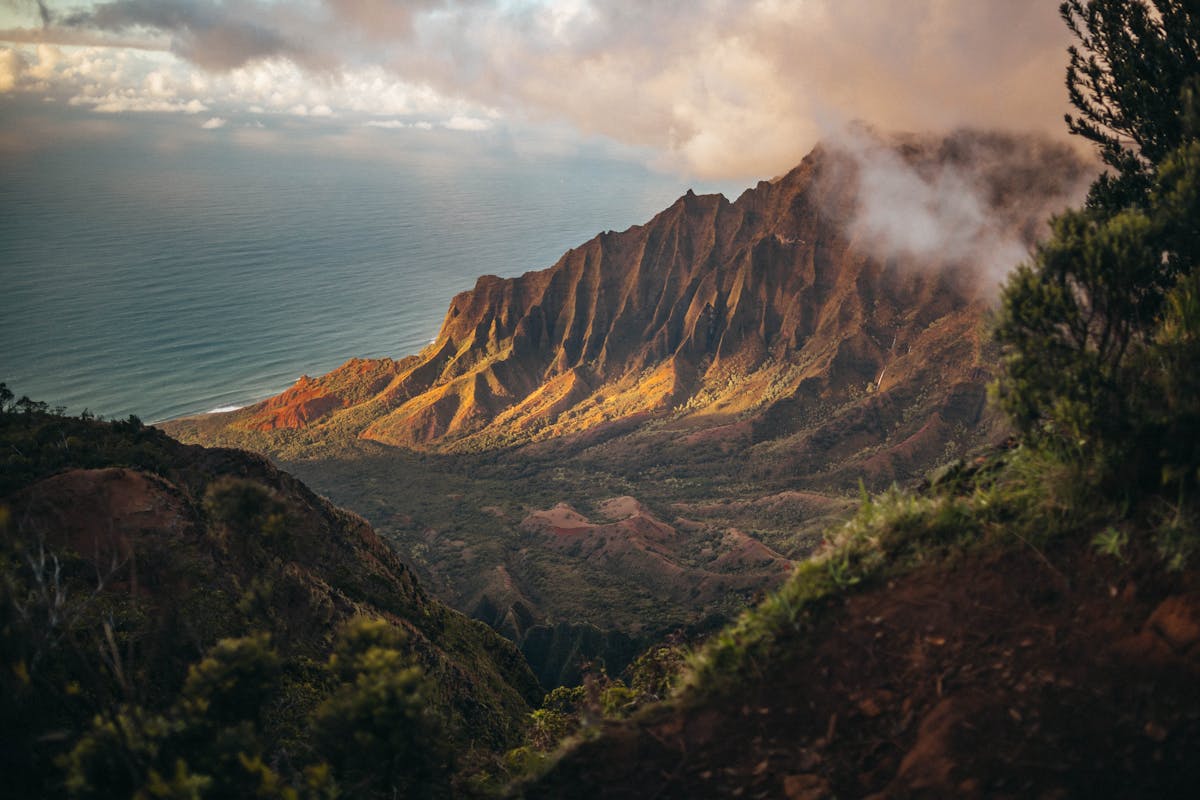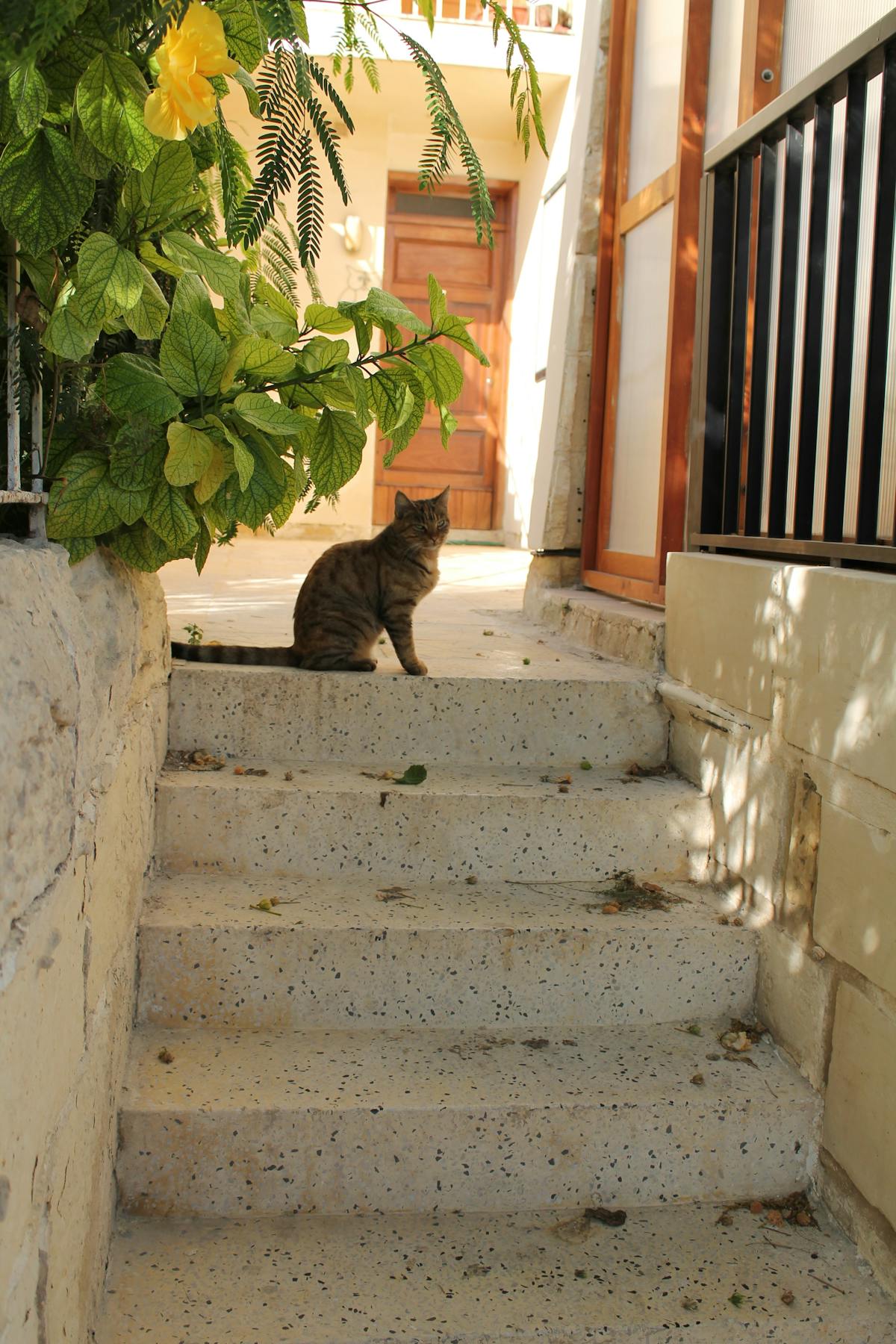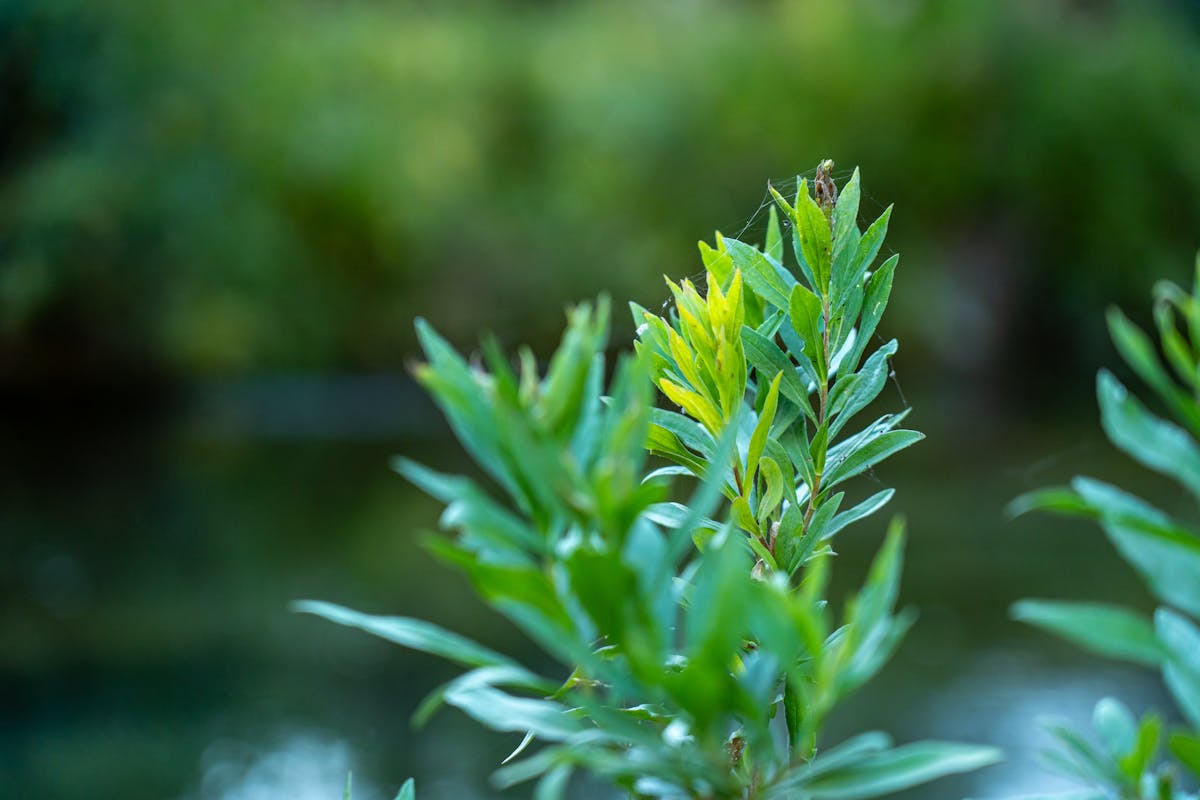Discover Abuja
Nigeria's purpose-built capital city with modern architecture and cultural landmarks

The Center of Unity
Abuja became Nigeria's capital in 1991, replacing Lagos. Designed from scratch in the 1980s, it's one of Africa's few purpose-built capital cities. Located in the geographic center of Nigeria, Abuja features wide boulevards, modern infrastructure, and impressive government buildings amidst a backdrop of rolling hills and savanna grasslands.
Top Attractions

National Mosque
This impressive structure with its golden dome and minarets is an architectural masterpiece and a symbol of religious tolerance in Nigeria. Non-Muslims can visit outside prayer times with proper attire.

National Christian Centre
Also known as the National Church of Nigeria, this magnificent building with its distinctive spire represents the Christian faith in the capital and can accommodate thousands of worshippers.

Aso Rock
A massive monolith that gives its name to Nigeria's presidential complex, Aso Rock dominates the city skyline. The Presidential Complex and National Assembly are located at its base, making it the political heart of Nigeria.

Nigerian National Arts and Culture Centre
Housing a collection of Nigerian art, crafts, and cultural artifacts, this center showcases the country's rich cultural heritage with regular exhibitions, traditional performances, and craft demonstrations.
Local Cuisine
Nigerian cuisine is known for its rich flavors, variety, and generous use of spices. In Abuja, you can sample dishes from all parts of Nigeria:
- Jollof Rice - A fragrant, spicy one-pot rice dish, often served at celebrations
- Suya - Spicy skewered meat (usually beef) coated with ground peanuts and spices, grilled over an open flame
- Egusi Soup - Thick soup made with ground melon seeds, vegetables, and meat or fish
- Pounded Yam - A smooth, stretchy dough made from boiled yam, served with various soups
- Moin-Moin - Steamed bean pudding made from ground beans, onions, and peppers
Best Time to Visit
Abuja has two main seasons: the rainy season (May to October) and the dry season (November to April). The best time to visit is during the dry season, particularly between November and February, when temperatures are milder (around 30°C/86°F during the day) and there's little rainfall. The Harmattan (dry, dusty wind) affects the city from December to February, occasionally reducing visibility. Major cultural events include the Abuja Carnival (November) and the International Arts and Crafts Expo (November-December).
Local Festivals & Events
- Abuja Carnival (November): Vibrant parade, music, dance, and cultural performances.
- National Festival of Arts and Culture (NAFEST): Nigerian arts and traditions, often held in Abuja.
- Eid al-Fitr & Eid al-Adha: Major Islamic festivals with prayers, feasts, and community events.
- Independence Day (October 1): Parades and celebrations throughout the city.
Quick Facts
- Country: Nigeria
- Language: English (official), Hausa, Yoruba, Igbo
- Currency: Nigerian Naira (NGN)
- Time Zone: WAT (UTC+1)
- Climate: Tropical savanna
Book Your Trip
Ready to experience the dynamic capital of Nigeria? Book your trip now with our exclusive packages!
Create Query